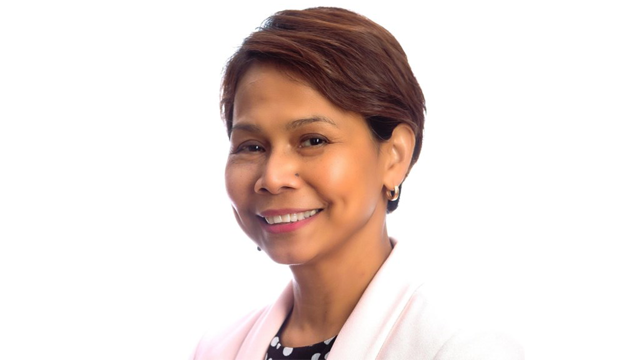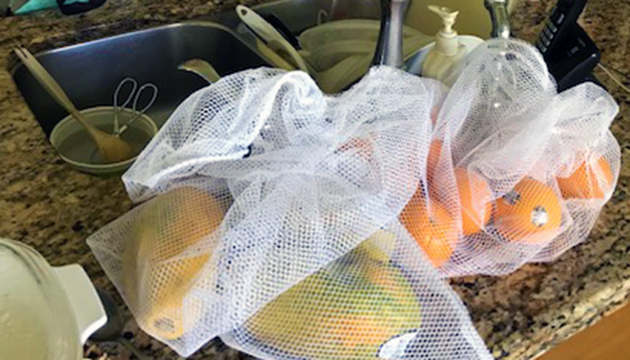Ten months into the year and the world is still wading through the pandemic.
COVID-19 carries with it unintended negative impacts on almost everyone’s state of mind, whether you’re a parent, a health worker, a teacher or a young adult whose once active social life came to a screeching halt.
It is perhaps timely that Canada’s Mental Illness Awareness Week falls on October 4 to 10 while the World Health Organization (WHO) is observing October 10 as World Mental Health Day. According to WHO, about one billion people currently live with a mental disorder (not including undiagnosed cases) and, every 40 seconds, one person dies by suicide. There are no available statistics yet, but the pandemic has affected billions around the world, further impacting the average person’s mental and emotional well-being.
We are experiencing a disconnect from what we deemed was normal, and now grudgingly know that there will be no going back to pre-pandemic times. The pandemic has slowed down humanitarian efforts in areas of conflict, health workers now have the added burden of fear of being infected, parents must balance working from home while homeschooling their children or worrying if it’s safe to send them back to school, religious services have been disrupted and misinformation about the pandemic itself has polarized and confused people. We’re lonely, we feel isolated, we’re restless and we feel our spiritual needs are unmet – all factors that contribute to poor mental health.
But to survive the pandemic, a vaccine is not all that we need. All the safety precautions we are doing daily and the creation of a vaccine are things that will physically stop the virus itself from spreading. But the virus has already wreaked havoc on our mental and emotional well-being and that is something that can not be cured by physical distancing, wearing a mask, washing our hands or the creation of a vaccine. A COVID-19 vaccine will not keep us safe from mental illness.
WHO and mental health organizations around the world provide real and practical tips on keeping one’s mind healthy.
Stay informed. Keep abreast of the news by following trusted news sources. Remember that blogs and vlogs contain someone’s opinion of the news, but not always the facts.
Have a routine. You may be working from home but try to keep the same schedule as you would if you were reporting to your office. Though tempting, dial back on social media. This is a good time to start and finish projects. Do the same for children and teenagers in your household: set aside time for study, chores and play.
Keep connected. Social media has a bad reputation for spreading misinformation, but it also provides a tool for friends and family to continue to socialize and connect in this era of physical distancing. If you do come across misinformation, correct it by providing the facts (again, from trusted sources).
Be mindful. You will never know what the other person is going through unless you walk in their shoes so think twice about what you will tweet or post on social media. Even with the best of intentions, we oftentimes cause pain without knowing it.
Slow down and be present. If a friend approaches you, take the time to listen. You don’t always have to know what to say. Being present for the other individual is a valuable gift that costs so little.
Know your triggers. You may happen to be the person on the other end of that hateful tweet or Facebook post or may simply be experiencing trauma vicariously through others. Remember that you have the power to right a wrong. And if it is too much, you have the power to turn that phone or tablet off.
Know when to seek help. Whether it is a friend or a counselor you need to talk to, there is no shame in reaching out for help. Recognizing you need help is not weakness, but courage.
In the Philippines, MentalHealthPH provides a list of mental health services throughout the country and how to reach them. The Canadian Mental Health Association has resources available on its website including how to reach a 24/7 crisis line anywhere in the country. WHO likewise has a number of resources available to the public, supporting this year’s advocacy among the world’s governments to increase investment in mental health.
By Rachel Ramos-Reid
For the CFNet Editorial Board
Contact us at:










